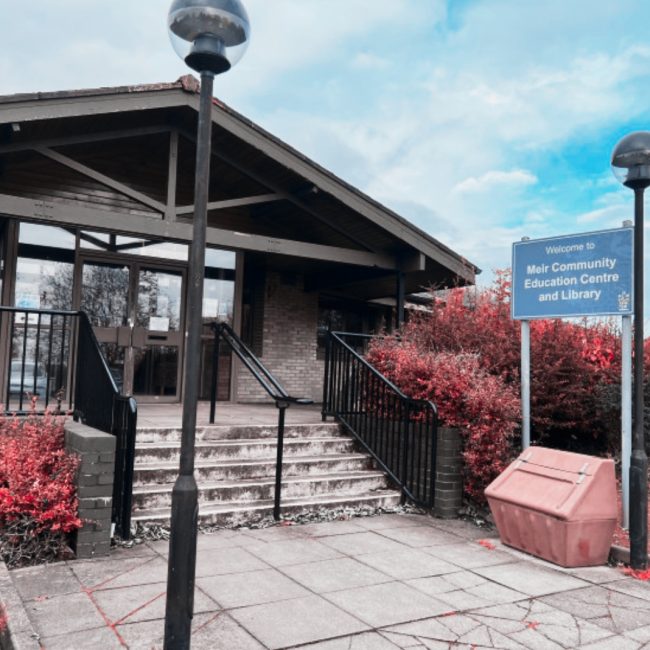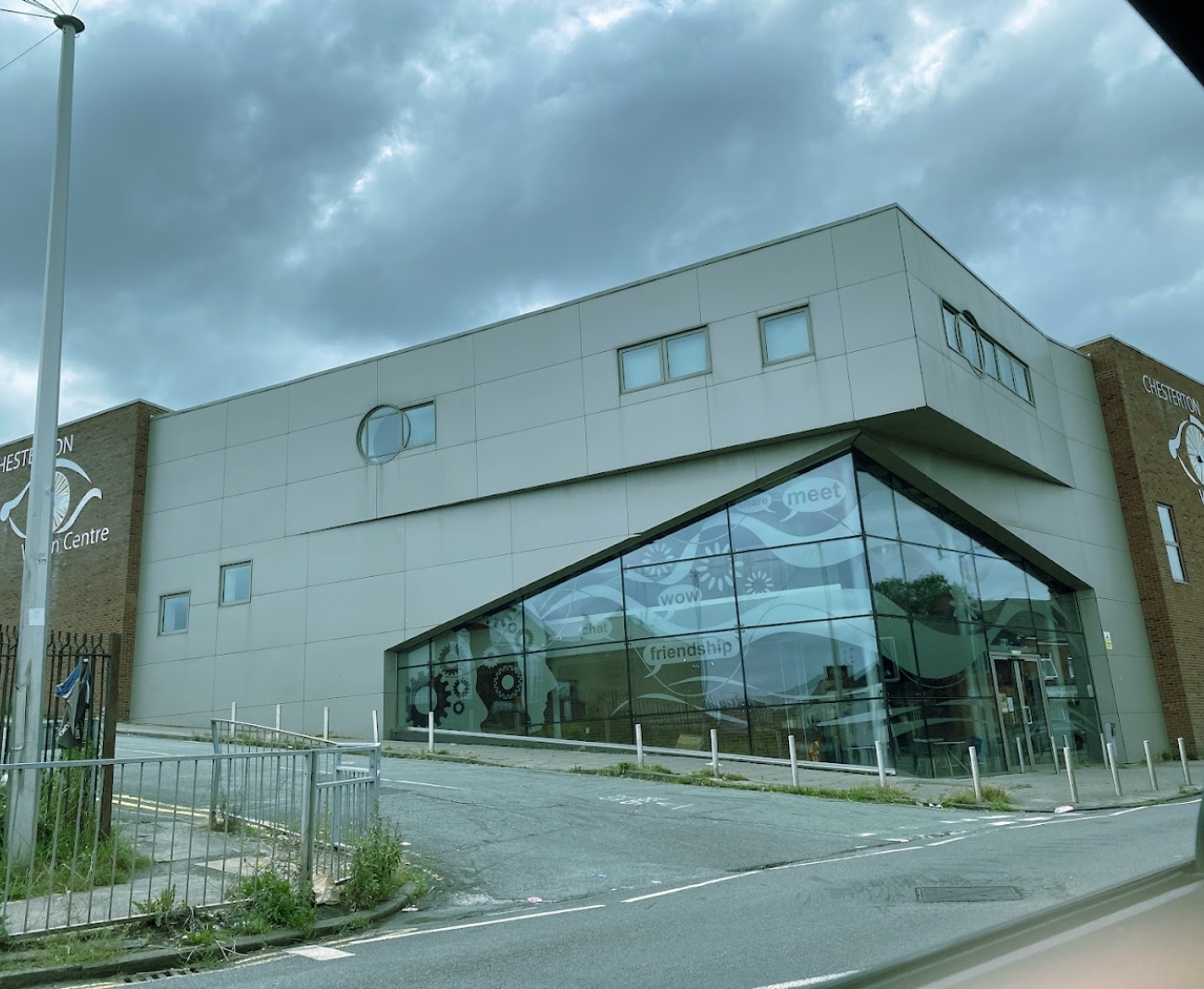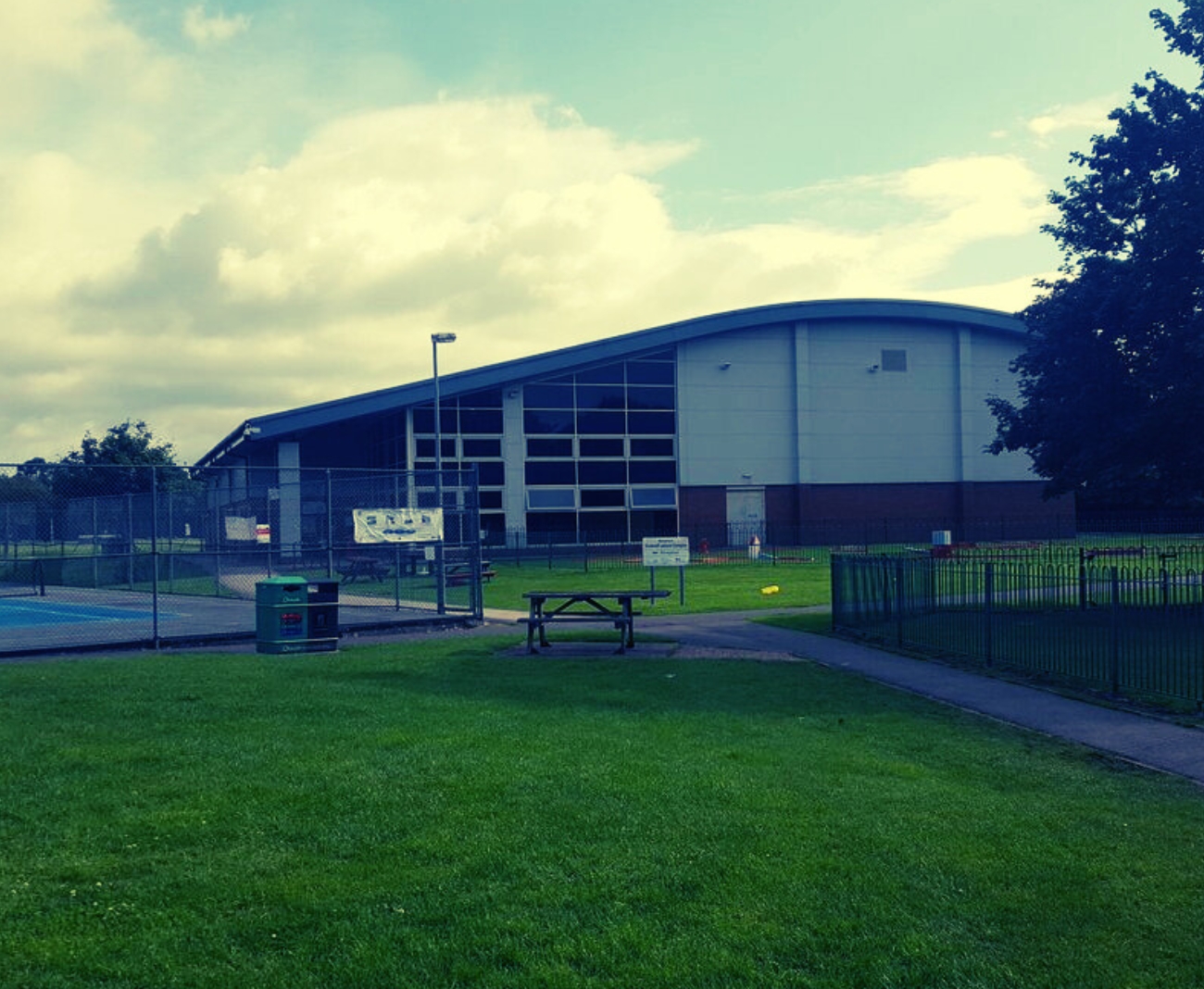Why youth clubs are important

Sense of belonging and community
They offer a space where young individuals can connect with peers who share similar interests, experiences, and backgrounds. These connections help combat feelings of isolation and loneliness, fostering friendships and supportive relationships.

Leadership, confidence, growth
Youth clubs offer a range of activities, programmes, and workshops aimed at promoting personal development and life skills among young people.

Youth clubs are staffed by adult mentors and volunteers
These role models provide guidance, support, and encouragement, helping young individuals navigate challenges, set goals, and make positive choices in their lives.

Expression and self-esteem
Youth clubs offer a safe and supportive environment where young people can explore their interests, express themselves creatively, and engage in recreational activities free from the pressures and risks they may encounter in other settings. This environment promotes positive youth development and helps build confidence, self-esteem, and resilience.
Youth clubs promote healthy recreation and leisure activities that contribute to young people's physical, emotional, and mental well-being. Whether through sports, outdoor adventures, arts and crafts, or music and dance, these activities provide outlets for self-expression, stress relief, and enjoyment, promoting overall health and wellness.

Youth clubs play a preventive and intervention role by offering support and resources to young people who may be at risk of negative outcomes such as substance misuse, behaviour that challenges, or disengaging from education. By providing a supportive network of peers and mentors, youth clubs help mitigate risk factors and promote positive youth development.

Find your nearest youth club








